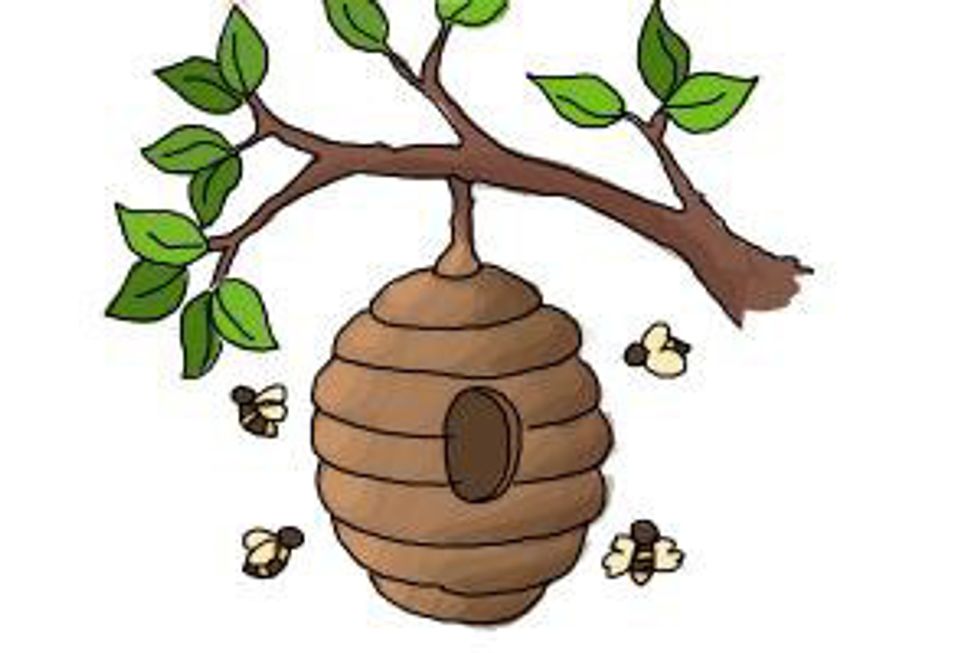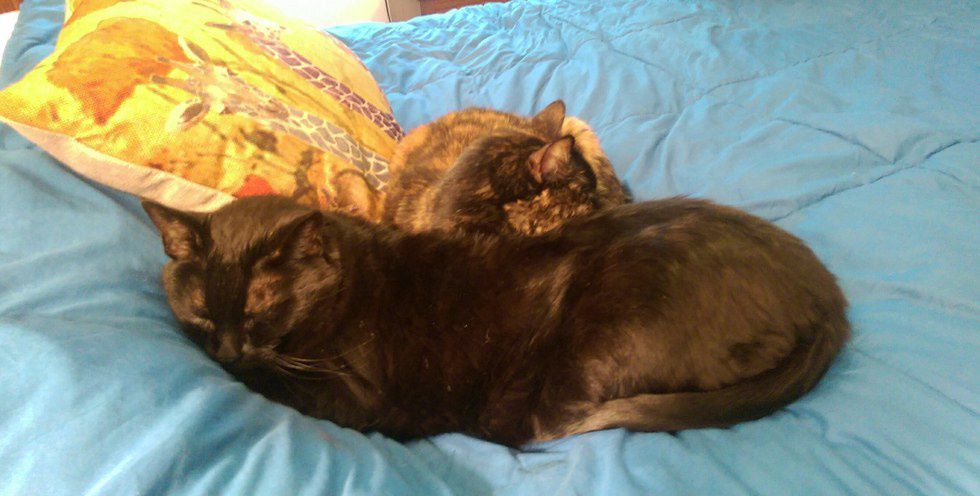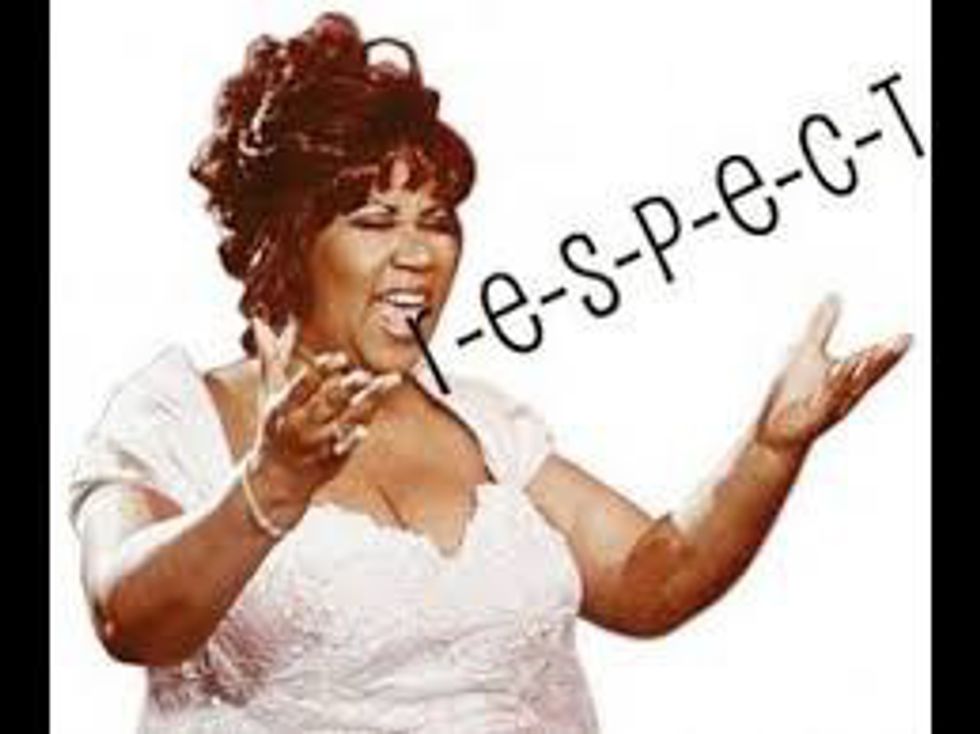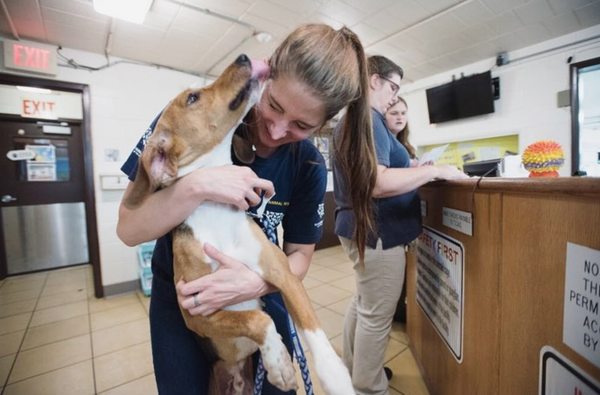I have been an "animal lover" for just about my entire human existence. Since the age of one, I've grown up alongside animals-- cats in particular-- and it's definitely shaped my perception of them as being living, feeling, thinking creatures that have just about as much personality as human beings. This might sound crazy but I think other long-time pet owners would agree; an animal really does become another loving and equally dysfunctional member of the family. For other folks like myself, who have had a lot of interaction with animals, it seems like a no-brainer that people should treat animals with love and kindness. Unfortunately, this is not the case. My animal-loving, tree-hugging version of "common sense" may not be as common as I believe.
After watching the debate surrounding climate change grow and become more and more pertinent, I've realized that, again, maybe my version of "common sense" isn't overwhelmingly common (obviously not common enough to get world leaders to do anything about it, at least). Just as I love and care for my cats and other animals, I've found love for nature and our environment (I wasn't joking about the tree-hugging comment earlier). It would be an understatement to say that I'm upset about how this world, and our country in particular, has reacted to the growing mass of information that would suggest that humans are having a very negative impact on this planet; often corporate interests and profits are prioritized at a detriment to the Earth and policy makers, as a whole, continue to turn a blind eye to the ensuing destruction of the planet.
I've learned that the love I feel for animals and nature is not shared by all people on the planet, which leads me to believe that a new approach needs to be taken to combat AND prevent animal endangerment and the negative effects of climate change. I have always believed that love is what pushes people to be more conscientious, aware, and active in matters surrounding these issues, but I think I'm incorrect. Don't get me wrong, if everyone cared deeply about animals and the environment I think that would be great, however it isn't very realistic. One cannot be taught to love something, no matter what it is, big or small (although I could imagine some experimental psychologists would disagree). What is realistic, in terms of saving this planet, is something that can be very closely linked to love: respect.
When thinking about deforestation or the endangerment of honey bees, it's hard to imagine that I could ever love a tree or a bee as much as I love my cats. I just don't think it's possible, for me anyway. It's probably a safe assumption that the same is true for most people; it's hard to really love something as inhuman as a tree or as small as a bee. What isn't hard however, is to learn about those things and respect them for the vital roles they play in our world. When I first learned about the movement for saving the bees, for example, I'm pretty sure I chuckled. Save the bees, really? Wouldn't our time be better spent, like, fighting global warming and saving the polar bears or something? I didn't have the first clue as to how much we need and rely on the bees. Because they are so extremely important as pollinators, without them societies would lose a vast amount of their crops and, subsequently, their food supply. Not actually all that funny, right?
I can't say that I now feel a deep sense of love for honey bees-- my cats still win out in a landslide-- but after learning about the bees I do have the utmost respect for them and all of their behind-the-scenes work that, quite literally, keeps us alive. By learning about the bees, and various other animals and forms of nature, I've come to feel a great amount of gratitude which has further cemented my foundation of respect for them. While I certainly do wish that more people loved animals and nature, I know that it just isn't true or realistic. What may be a better approach to the issues of animal endangerment and climate change is to inform people-- teach them about how interconnected human beings are with the other forms of life, big and small, on this planet-- so that, even if they do not grow to love the bees, the trees, or even the ever-lovable domestic house cat, they will at least find a sense of respect for them.

I end this article in the hope that I can add my voice to the growing movement of people addressing the reality of climate change and the destructive actions of humans on the Earth. While there is certainly hope for our planet-- for the bees, the trees, and all the other natural life surrounding us-- there is a lot of work to do and not a whole lot of time to spare. I fear that, like any real change, it will have to start from the ground up, grass-roots (get it?), and we will not be able to rely on our government alone to face the issue. There is hope and there is time, but we can spare neither.























